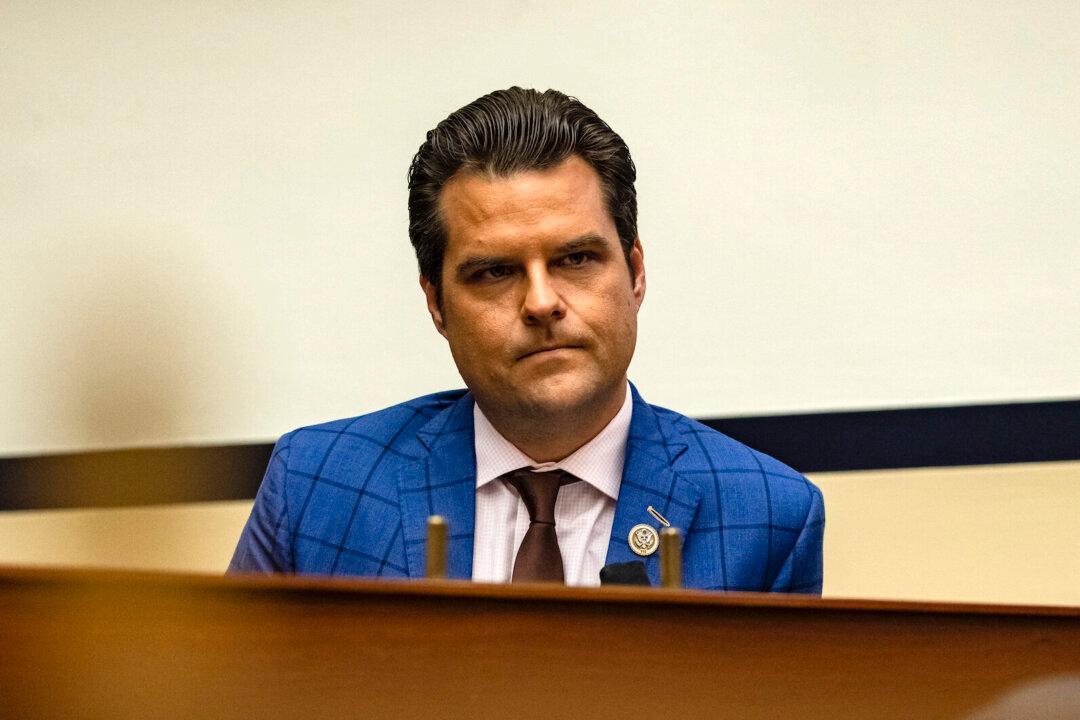Rep. Matt Gaetz (R-Fla.) said on Dec. 19 that he plans to challenge electoral votes when they are counted during a joint session of Congress on Jan. 6.
“On January 6, I’m joining with the fighters in the Congress, and we are going to object to electors from states that didn’t run clean elections,” Gaetz told a crowd during the first day of Turning Point USA’s Student Action Summit, held in West Palm Beach, Florida.




